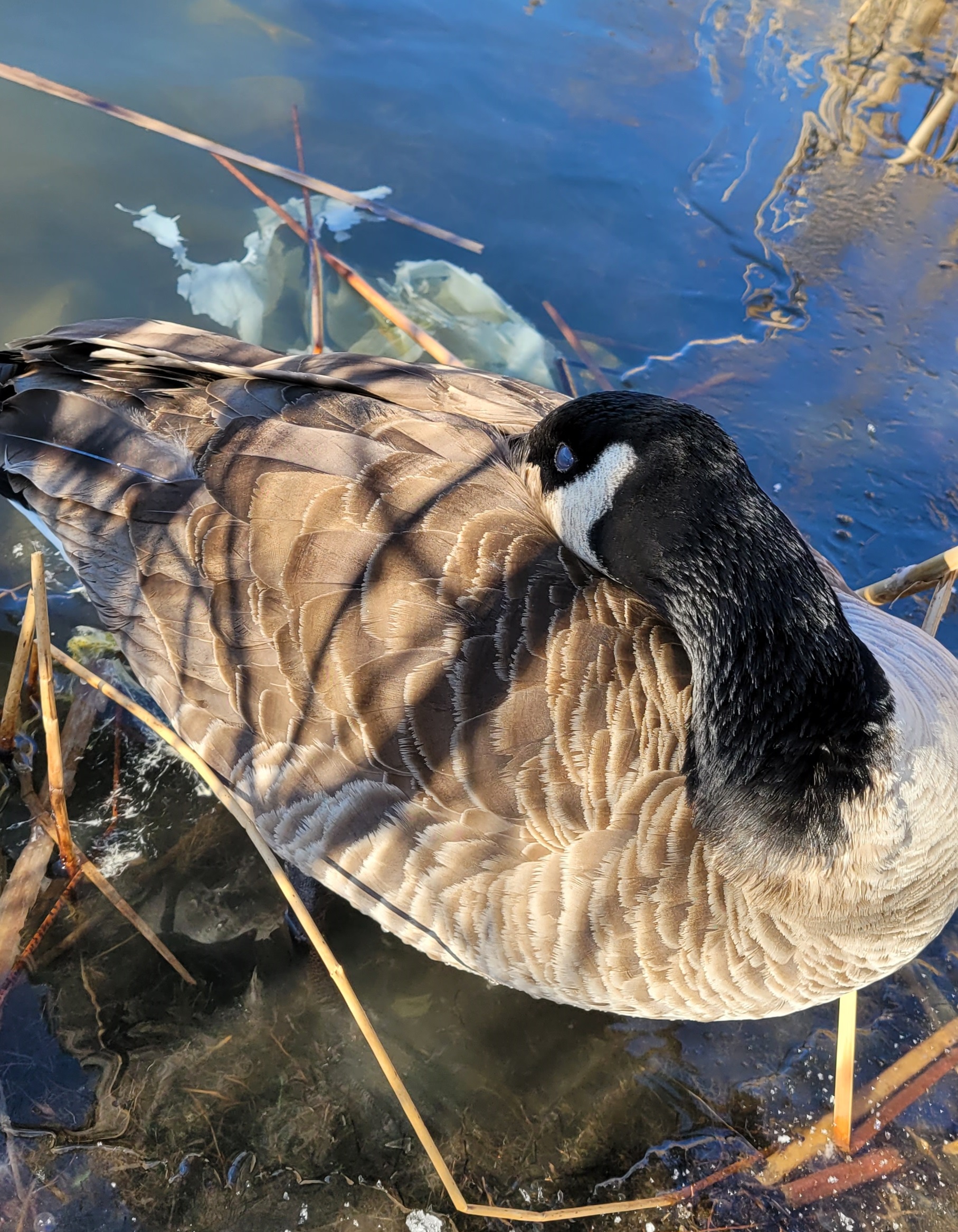York Region, like many other jurisdictions across Canada, is receiving reports of birds that have either died or are infected with presumed avian influenza (H5N1), also know as Avian or bird flu.
Following the advice of Public Health Agency Canada, King Township reminds residents they should not touch dead wild birds or other wildlife.
Avian influenza is primarily transmitted through the wild bird population but can be transmitted to commercial poultry and other mammals. Rarely, avian influenza may also spread to people. Most human cases have occurred after close contact with infected sick or dead poultry, or after exposure to heavily contaminated environments (e.g., poultry barns or live bird markets).
King Township residents are reminded to:
- Keep a distance from wild birds and other wild animals, and don't touch, feed or handle them, especially if they look sick or are dead.
- Birds that become infected with Avian Influenza exhibit symptoms that include bright green diarrhea, clouded grey eyes and dishevelled plumage.
- Report any animals, specifically geese or birds, found ill or dead by calling ServiceKing at 905-833-5321 and/or the Canadian Wildlife Health Cooperative.
- Consider removing backyard bird feeders and/or bird baths, and if this is not permittable, move them far away from pets and clean them with 10 per cent bleach at least once every two weeks; they should be placed as far away as possible from where domestic animals spend time.
- Avoid contact with surfaces that appear to be contaminated with droppings from birds.
- Wash hands thoroughly with soap and water after touching any bird feeders, bird baths or any potentially contaminated areas.
- Keep cats indoors and dogs on a leash to limit the potential of your pet encountering an infected bird.
- Stay off all bodies of water as ice and water conditions are not safe; do not attempt to rescue birds in distress.
According to the Public Health Agency of Canada, wild birds in Canada and throughout the world are natural carriers of avian influenza viruses. Although some wild birds may get sick and die, others can be infected and still appear healthy.
Additional information on Avian Influenza is available through the Public Health Agency of Canada and the Canadian Wildlife Health Cooperative.

